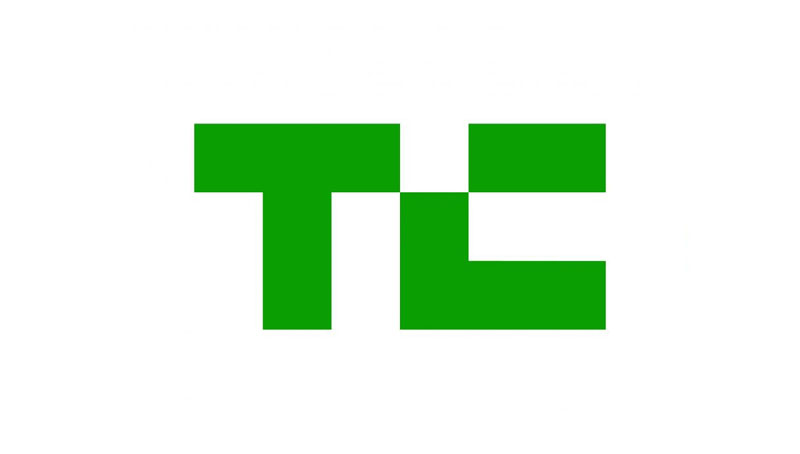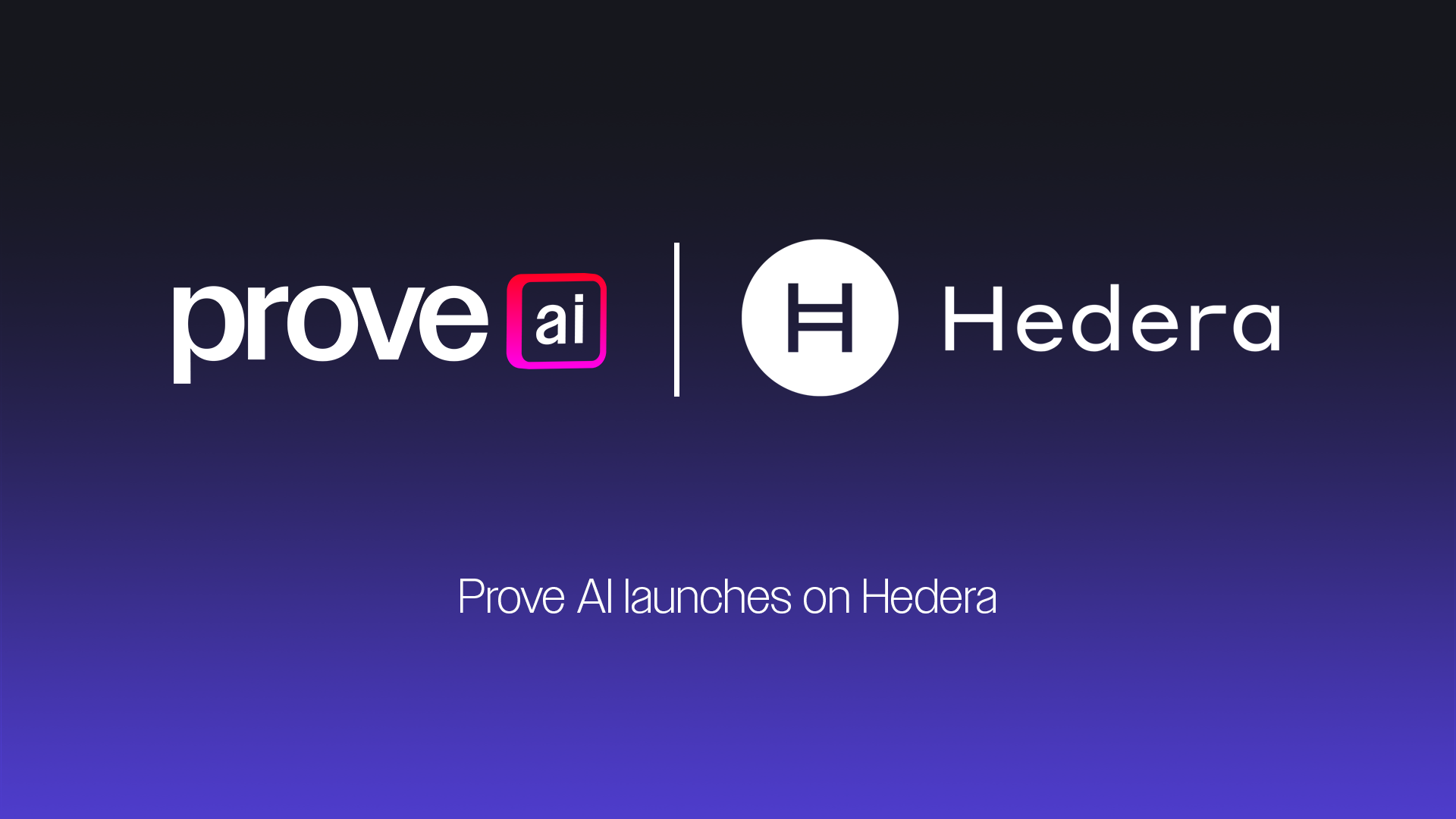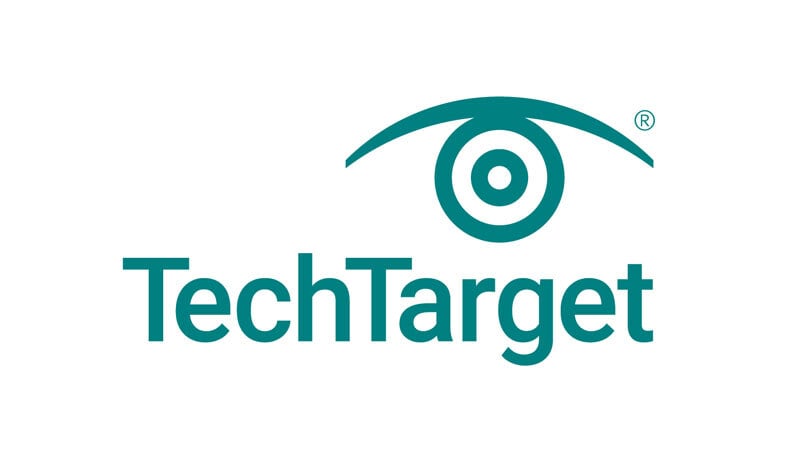And even though the two sectors are reaching different levels of mainstream adoption, they are also facing challenges that the other could potentially help alleviate, according to a new report TenSquared Capital (10SQ) shared exclusively with TechCrunch+.
The AI sector needs more secure data sharing and decentralization marketplaces for its models so people can contribute to its networks. AI also needs model validations and auditing, which blockchain technology can help with, Miroshnik said. On the flip side, blockchain technology can benefit from AI models and agents in real time to improve moderating for vulnerabilities, among other things.
A symbiotic relationship between the two industries is top of mind for developers, too, as research and development activity across both sectors has risen over the past five years. There are now over 6,900 blockchain and AI-related GitHub repositories; 539,000 GitHub pull requests; 1,500 filed patents; and 5,600 research publications related to blockchain and AI as of December 31, 2023.
The biggest challenges to adopting blockchain and AI is scalability, compatibility and governance issues, the report said. Blockchain networks have been working on improving the infrastructure and scaling issue throughout the most recent bear market, but many networks are still working on processing high volume and data.
“As the technologies advance, blockchain [and] AI could complement and elevate each other, resulting in a more diverse and enriched technological landscape,” the report said.
Blockchain technology is also a “key solution to verifying content authenticity” and can be used to build encrypted networks. Combining AI and blockchain technology could result in “more secure and efficient cybersecurity systems,” for example.
According to a November 2023 Casper Labs survey of 608 IT decision-makers, a majority said that AI and blockchain technology were “complementary” to one another. But 19% said that they are two different, unrelated technologies with “no potential intersection.” The same study found that people who use blockchain technology, about 51%, do so to work more efficiently with AI.
Even with a venture capital downturn in crypto, the web3 and AI category was one of the most well-funded in 2023 with around $600 million, or 11%, of the total going to that sector, according to the 10SQ Capital report.
AI integration can be achieved a number of ways, including at the infrastructure level of blockchain technology through smart contracts, protocols and web3 security, as well as decentralized applications (dApps). It can also help lower the barrier to entry in blockchain coding by sharing code-writing tools that help developers write much more quickly.
On Tuesday, Vitalik Buterin, co-founder of Ethereum — the largest blockchain by total value locked — shared a blog post about the promise and challenges of crypto and AI applications, writing that “pure AI interfaces are probably too risky at the moment.” He does see “AI as a player in the game,” but the ultimate source of incentives would come from a protocol with human inputs.
But over time, Miroshnik thinks it will be a “natural evolution of the two technologies combining” and AI frameworks will shift to an open, distributed model and use blockchain mechanisms to achieve that. “Whether that’s moving off a centralized platform, being stored in a distributed cloud or sharing resources . . . I think [blockchain technology] will be part of the plumbing of how AI works in the future.”



